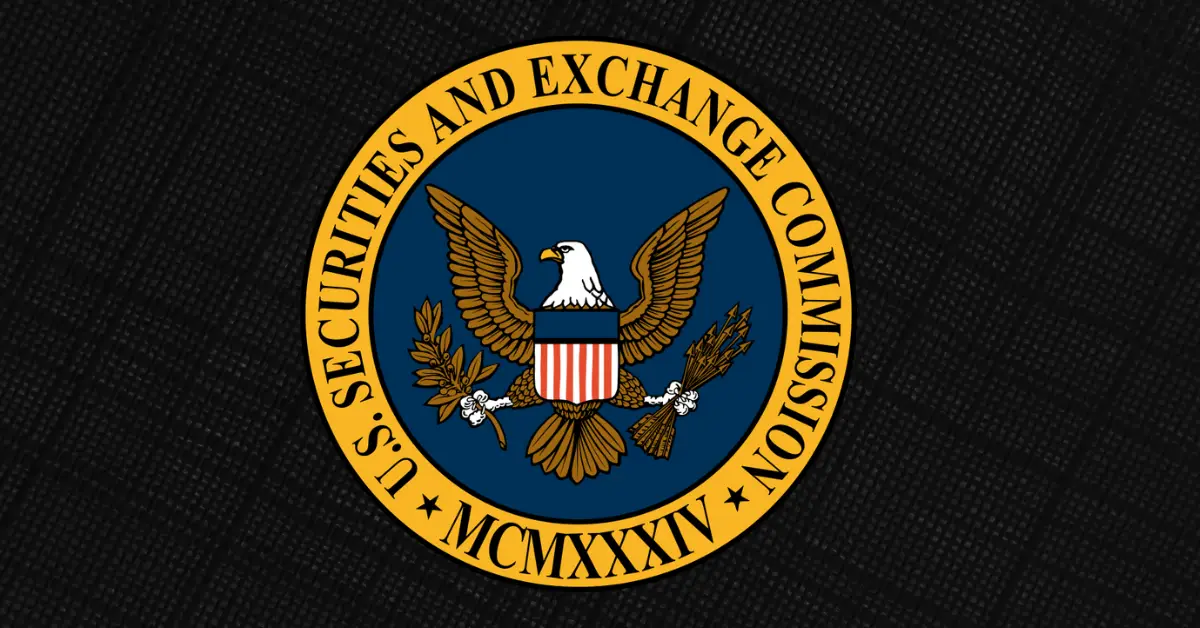
In recent developments, John E. Deaton, a prominent figure in the legal world, has vocally criticized the U.S. Securities and Exchange Commission (SEC) for its rigorous and often contentious actions against high-profile individuals and businesses. Elon Musk’s recent legal entanglements with the SEC have become a focal point in this ongoing debate.
Elon Musk: A History of Legal Feuds with the SEC
Elon Musk’s tumultuous relationship with the SEC dates back to 2018. The controversy began when the SEC accused Musk of fraud following a bold statement he made on X (formerly Twitter) about taking Tesla private with “funding secured.” This led to a settlement where Musk agreed to pay $20 million in fines for both himself and Tesla, in addition to stepping down as Tesla’s chairman. However, this resolution did little to quell Musk’s animosity towards the regulatory body.
The settlement only seemed to amplify Musk’s disdain for the SEC, prompting him to publicly criticize SEC Chairman Gary Gensler. Since the election of Donald Trump, Musk’s attacks on the agency have persisted. Recently, Musk has undertaken a nongovernmental initiative known as the “Department of Government Efficiency” (DOGE) to scrutinize and evaluate federal spending and regulatory practices.
John Deaton Takes a Stand Against SEC’s Actions
John Deaton, a well-known attorney, has taken the SEC to task, particularly highlighting its aggressive stance towards Elon Musk. Deaton argues that if the SEC can adopt such a strong-arm approach with the world’s richest man, smaller enterprises and entrepreneurs face even more daunting challenges. This sentiment was echoed by Deaton’s reference to the LBRY case, where the SEC allegedly threatened to financially cripple the company and its founder, Jeremy Kauffman, even before formally initiating legal proceedings.
The Ripple case further exemplifies this aggressive enforcement approach. Ripple and its CEO, Brad Garlinghouse, reportedly expended over $150 million defending against what Deaton referred to as a “non-fraud” case. For most companies, lacking such financial reserves makes it nearly impossible to mount a credible defense against the SEC’s formidable legal arsenal.
Examples of SEC Overreach: Ripple, Dragonchain, and More
Beyond the well-publicized Musk and Ripple cases, Deaton also spotlighted the SEC’s actions against Dragonchain as another instance of perceived regulatory overreach. He expressed hope that a former SEC commissioner, Paul Atkins, might have the opportunity to reform the agency’s approach.
The discourse on SEC’s enforcement methods continued with an X user, Nuclear Herbs, who responded to Deaton’s criticisms. This user referred to the SEC v. Richard Heart hearing, highlighting the judge’s difficulty in grasping the SEC’s fraud allegations. The underlying suggestion was that merely labeling an action as fraudulent does not substantiate the claim. This post insinuated that the SEC might be using the term “fraud” to manipulate public perception, even when the accusations lack concrete evidence.
Growing Concerns in the Crypto Space
The ongoing critique of the SEC’s methods contributes to mounting concerns about its enforcement strategies, especially within the cryptocurrency sector. Companies operating in this space frequently encounter costly and protracted legal battles, which can be crippling for many. The regulatory landscape remains a contentious arena, with the SEC’s aggressive tactics drawing scrutiny and sparking debate across the financial and legal communities.
As the SEC continues to navigate the complex intersections of law, technology, and finance, voices like those of John Deaton and Elon Musk serve to illuminate the challenges and implications of regulatory actions that many perceive to be overzealous.






